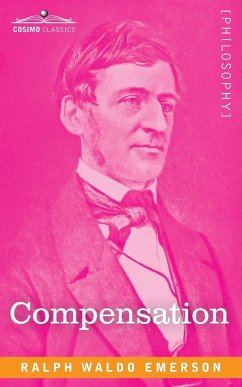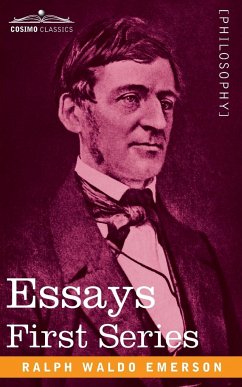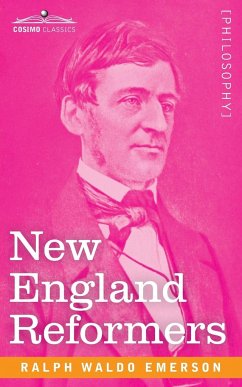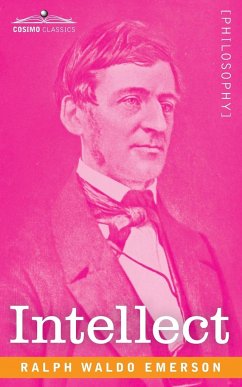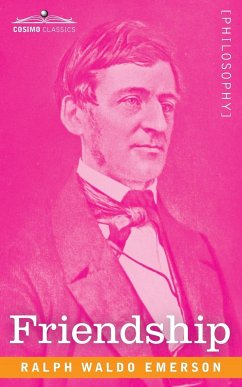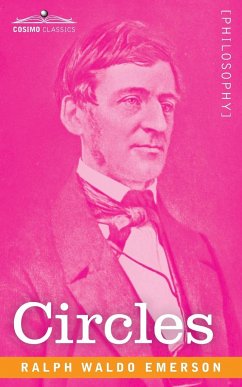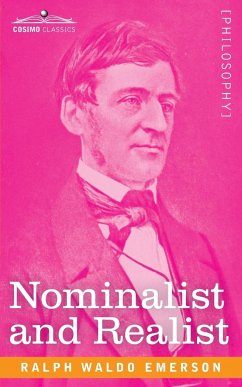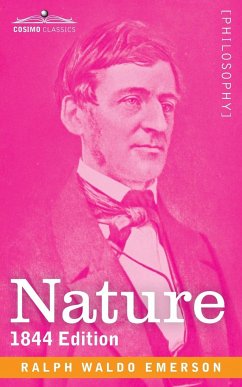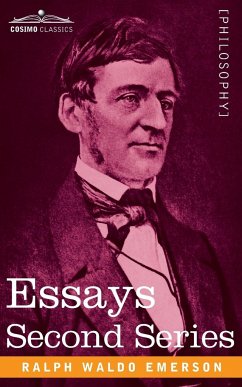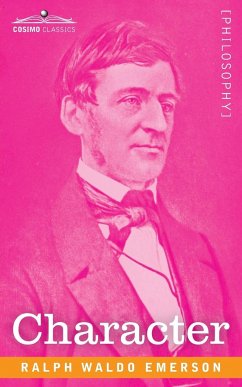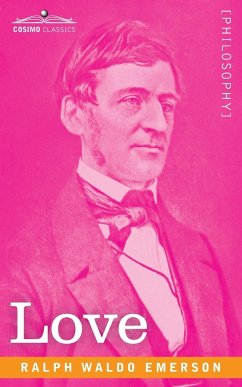
Love
Versandkostenfrei!
Versandfertig in 1-2 Wochen
8,49 €
inkl. MwSt.

PAYBACK Punkte
4 °P sammeln!
"Thus are we put in training for a love which knows not sex, nor person, nor partiality, but which seeks virtue and wisdom everywhere, to the end of increasing virtue and wisdom." -Ralph Waldo Emerson, Love Love (1841) is an essay in which Emerson attempts to explain the love between two people and how it evolves with time and age. According to Emerson, youthful lovers feel a passionate longing and devotion to their beloved, but, as they give themselves totally to each other, he writes, both are changed, "with new perceptions, new and keener purposes and a religious solemnity." Ultimately, he ...
"Thus are we put in training for a love which knows not sex, nor person, nor partiality, but which seeks virtue and wisdom everywhere, to the end of increasing virtue and wisdom." -Ralph Waldo Emerson, Love Love (1841) is an essay in which Emerson attempts to explain the love between two people and how it evolves with time and age. According to Emerson, youthful lovers feel a passionate longing and devotion to their beloved, but, as they give themselves totally to each other, he writes, both are changed, "with new perceptions, new and keener purposes and a religious solemnity." Ultimately, he argued, that experience leads to an appreciation of, and desire for, divine love.



